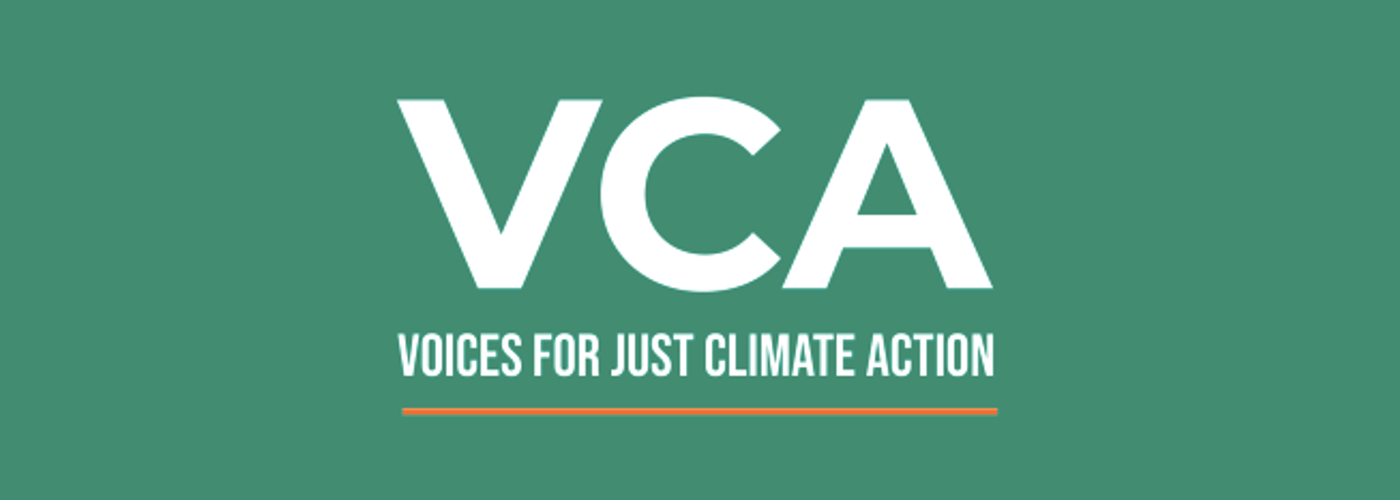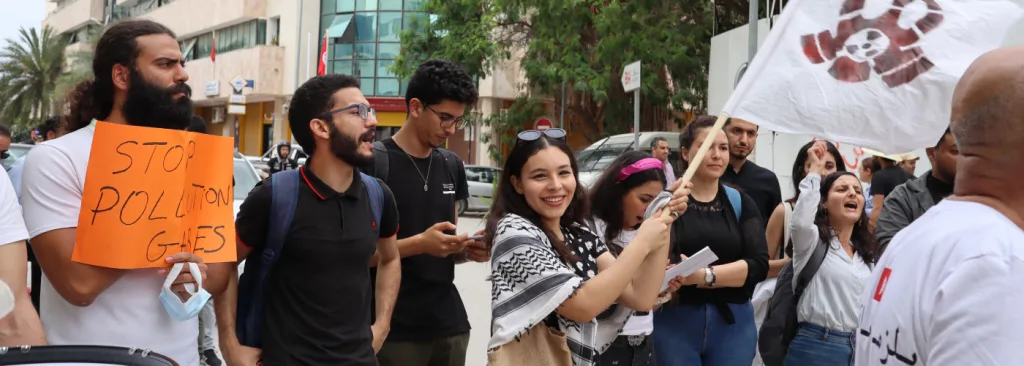Consultancy services to develop embedded operational guidelines or mechanism for financing community based just climate action investment activities or green micro projects in Zambia using Constituency Development Funds
Background
The Government of the Republic of Zambia has prioritized decentralization by devolution as a major driver for attaining development, reducing poverty and supporting job creation through citizen engagement, participation and empowerment at the local level. To actualize decentralization in line with the Constitution, the Government has decided to take significant resources from the national to the local government level through the community based Constituency Development Fund (CDF).
In 2021, the Government increased the amount of the CDF from K1.6 million (US$ 100,000) per year to K25.7 million (US$ 1.6 million) per constituency per annum. The expanded scope of the CDF covers three (3) specific areas namely: Community Projects; Youth, Women and Community Empowerment; and Bursaries for Secondary Boarding School and Skills Development. This significant expansion of Zambia’s CDF in the 2022 national budget provides an important opportunity to build climate resilience among the public, strengthen decentralization of local institutions, and promote economic development which is cardinal. However, specific guidelines on how communities can access the CDF to finance conservation for developmental or local climate solutions for development are not included in the revised 2022 overall CDF guidelines.
A consortium of WWF Zambia, Hivos, Slum Dwellers International (SDI), South South North (SSN), Fundación Avina, and Akina Mama Wa Afrika (AMwA) are implementing the Voices for Just Climate Action (VCA) advocacy program in Zambia. This is a five-year (2021-2025) advocacy building program funded by the Dutch government that seeks to scale up Zambia’s climate action response targeting vulnerable communities by building wide societal support for local climate solutions, through an inclusive and rights-based advocacy approach.
The increased allocation of the national budget to decentralized structures and political goodwill, provides an opportunity to promote financing of just climate action or local climate solution related projects as one key aspect under the community projects focus. However, to achieve this, proper mechanisms and guidelines of how the funds will be allocated need to be designed and put in place. It is therefore based on this understanding that the VCA program would like to collaborate with the Zambian government to lobby for inclusive, utilization of the increased CDF to support community based conservation for development or just climate action investment activities or green micro projects in Zambia in 2022 going forward.
Furthermore, the VCA Zambia Alliance partners would like to explore the opportunity that CDF provides to leverage on financial opportunities and motivation for communities to effectively finance local climate solutions. However, the current architecture of the CDF is limited to providing the following:
- Mechanisms on what constitutes just climate action, local climate solutions or green micro projects to be supported through CDF.
- Guidelines to ensure participatory funding and oversight structures that enable civil society organizations, local institutions and communities including priority rightsholders to have the decision-making power over how adaptation & mitigation actions are defined, identified, prioritized, designed and implemented; how progress is monitored; and how success is evaluated.
- How the community could apply for CDF to invest into and utilize the ecosystems services or just climate action or local climate solution or green micro projects in a sustainable manner to support their livelihoods and make a profit at the same time.
- How their applications could be assessed / appraised by CDF committees. That is what the reviewers of CDF green micro projects could use as a grading structure to score, grade and award funding to these community based on green micro projects.
- How the CDF committees could monitor compliance of implementation of these community based green micro projects from start to completion.
Purpose of the assignment
The VCA Zambia consortium seeks services of a consulting firm with expertise in designing guidelines on community just climate actions, or local climate solutions or green micro projects financing to undertake works to develop and propose embedded, operational and technical guidelines or mechanisms for financing these projects in Zambia through the CDF approach, for year 2022 going forward. The consultant should furthermore propose ways to make the current CDF guidelines climate sensitive by adding definition of projects that qualify as a climate sensitive project.
Scope of work
The consulting firm is expected to:
- Propose changes to the current CDF guidelines for the Zambian contextualized community based just climate actions or local climate solutions or green micro projects selection criteria.
- Determine and propose an optimal allocation that can be reserved in the CDF by the central government for the community based green micro projects .
- Identify similar successful initiatives in Zambia and globally leveraging on local financing structures and have well developed mechanisms and guidelines for financing community local climate solutions.
- Analyze international climate financing streams into the country and provide opportunities for leveraging CDF for more climate finance beyond national existing finances.
Deliverables
- An inception report with methodologies, tools and structure of how the assignment will be undertaken in PDF and word format.
- A detailed report with available climate financing available in the country, type of big and community based micro projects that have been funded, recommendations and any other available financing that the CDF can leverage on.
- Well developed guidelines on enhancing community participation within the CDF mechanism.
- Final workshop dissemination report.
Time-frame
It is anticipated that this consultancy will take 60 days, a period of two (2) months (including the final workshop), between September and October 2022. The consultant or firm is expected to propose a detailed work plan of when and how they intend to carry out the assignment. It is highly encouraged that international consultants and local consultant(s) team up to undertake this assignment as a way to promote cross learning.
Reporting, coordination and payment
The consultants shall report to the WWF Climate Change Adaptation Specialist – Advisor and Hivos’ Country Engagement Manager with whom the consultants will coordinate the implementation of this assignment, including for logistical arrangements and facilitation of any required reference materials from WWF ZCO. Payment schedule will be negotiated with the successful consulting firm.
Selection criteria
The consultancy firms should have the following skills mix and will be selected based on the following:
- The Team Leader should hold a higher university degree (Master’s degree or equivalent) in public administration, developmental studies, climate change, business administration / management, financial management, economics or any other similar field.
- Should have done similar works of at least 2 similar assignments in terms of scope.
- Technical expertise and understanding of climate finance, climate change and community led participation will be an added advantage.
- At least 5- years experience in similar work.
- Fluency in English, knowledge of other local languages is an advantage.
- Demonstrated analytical and assessment skills.
- Exceptional verbal and written communication skills.
Application
Qualified firms are invited to apply in writing. The application should include
- Cover letter.
- Technical proposal, clearly proposing how they intend to carry out the assignment with a clear work plan based on the timeframe indicated in section.
- Financial proposal, giving breakdown and total costs, including consultancy fees for the assignment and justification for the consultancy fees.
- Curriculum vitae for the lead consultant. The application should be as one document.
- Contacts of referees (2) and proof of similar work that has been conducted before.
Applications should be submitted by email; vca@wwfzam.org by 19th Aug 2022 at 5pm, with subject line “Mechanism for ultilizing CDF to finance community based green micro projects.”
Selection criteria points
- Specific experience of the consulting firm 20 points
- Specific experience of the lead consultants 20 points
- Specific experience of the other consultants in the assignment 20 points
- Adequacy of methodology and work plan in response to the Terms of reference 40 points
- Total points 100


